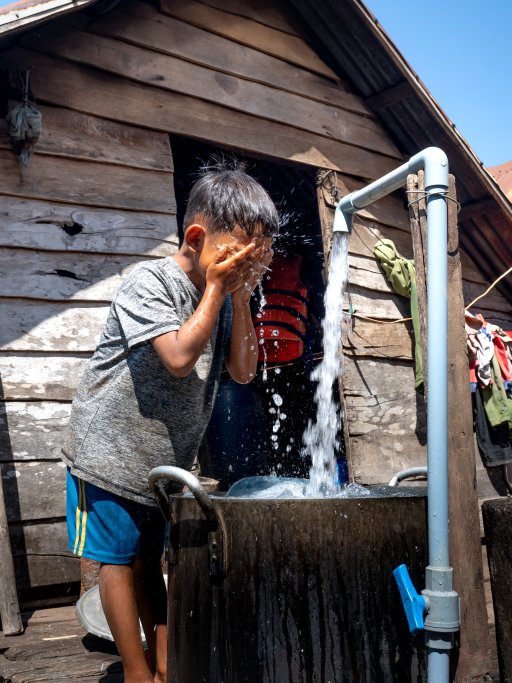- Mombasa Water and Sewerage Company — Mentee
- Amatsi Water and Sewerage Services Co. Ltd — Mentee
- Kiambu Water and Sewerage Co. Ltd — Mentee
- Oloolaiser Water and Sewerage Co. — Mentee
- Water Services Providers Association — Mentor
The proposed WOP between the aforementioned partners aims to improve water and sanitation services for approximately 250,000 LIA consumers in 5 targeted WSPs in Kenya. The WOP is designed to ensure a permanent impact to mentees operations and Kenya’s Water sector at large. The WOP is expected to accelerate progress on Kenya’s relatively new pro-poor agenda, ensuring mandated institutions adopt it as well as share best practices and learnings with each other and the wider ecosystem.
The lead partner is Kisumu Water and Sanitation Company (KIWASCO); a top 10 water utility in Kenya and leading in Customer Service and Pro-Poor activities according to WASREB. With 60% of its population served in LIA, for a decade now, KIWASCO has successfully advanced the pro-poor agenda through various approaches and innovations in partnership with the Kisumu County Government, USAID Kenya, WSUP, VEI, Practical Action and Sanergy. They will leverage on these capacities to support mentees in 5 strategic areas: (1) Ensuring pro-poor activities are structurally embedded in their utilities through approved pro-poor policy and action plans. (2) Mentees indicated a lack of pro-poor data, therefore alongside WASPA, KIWASCO will support mentees to conduct joint assessments and mapping of pro-poor indicators in their service areas to inform co-creation of pro-poor strategies and plans. Critically, this data will be used to inform national policies for joint lobbying of investment planning/ allocation/business development, (3) Co-creation with partners and WASREB in designing viable pro-poor service delivery management and business models like the successful Delegated Management Model in its LIA with 12.5% NRW levels, (4) Bottom-up approach in enhancing service levels with focus on multi-stakeholder engagement to enhance inclusion, participation and ownership (5) Supporting the mentees refine feasibility studies, proposals, linkage with investors, incubate projects and disseminate results.
As co-mentor, WASPA will support with benchmarking, collective learning and performance improvement. WASPA has introduced WSP (Association)-led mechanism for continuous performance improvement in WSPs within 4 thematic areas: NRW, Cost Recovery, Service Delivery and Pro-Poor. WASPA will facilitate, monitor and evaluate the process of benchmarking, collective learning & performance improvement and tailor the approach for the 5 mentees. They will facilitate the participating WSPs to coach each other in developing, implementing and refining performance improvement measures. The emerging lessons are
